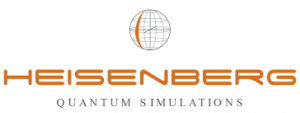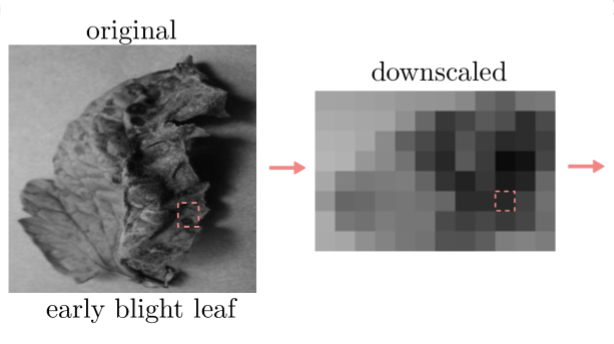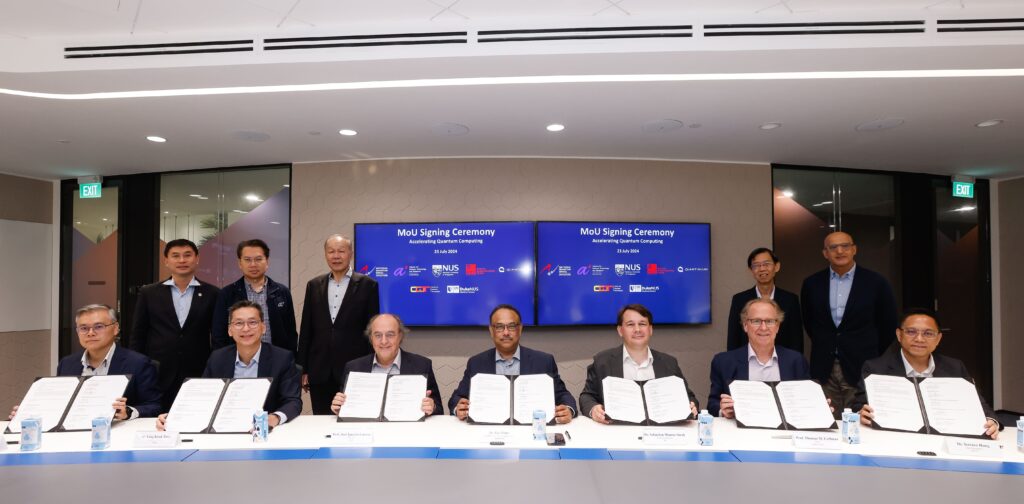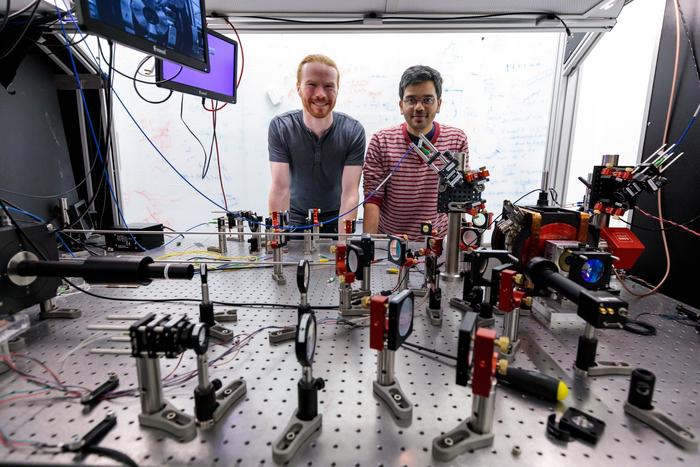Ticking Time Bomb
The world is getting proportionally older.
Fact.
But it’s nothing new; we’ve known for decades.
You only have to go to South Florida in the winter to see the old folks there, migratory birds from the winter chill of all the Buffalos, Chicagos and Clevelands of this world.

Like in the 1985 movie Cocoon.
I know because my late aunt and uncle used to do it. Every October, year after year for over two decades without fail, they’d drive south from Toronto to Daytona Beach, Florida.
The snow for the sun.
And then, in April, they’d drive back up again for the start of the spring in Canada.
The sun for the sun.
And it’s still happening all over the developed world, at least for those wealthy enough.
But that little anecdote deflects from the real problem.
As it stands, one of the drawbacks of this is as the majority of the developed world’s population moves into old age there will be more of a need for healthcare and medicine. This will, inevitably, put huge pressure on the healthcare infrastructures of those countries. We can already see this happening in Japan, France, Israel, the UK, and the United States. While Africa and Latin America are getting younger, the richest countries are growing considerably older.
A demographic time bomb is ticking we don’t have a switch for. One that’s going to flatten the whole building.
— United Nations, Department of Economic and Social Affairs, June 2019
One company, however, has the foresight to act now.
Heisenberg Quantum Simulations
Heisenberg Quantum Simulations (HQS), based in Karlsruhe, Germany and co-founded by Dr Michael Marthaler, Dr Sebastien Zanker, Dr Iris Schwenk, and Dr Jan Reiner in 2017, is developing quantum algorithms that will, if successful, be able to prognosticate the molecular properties for effect chemicals and performance materials that will help the pharmaceutical industry.

Nowadays, this process takes time as well as being prohibitively expensive. The reasons being laboratory testing for the design and formulation of products require solid-state compounds and functional molecules, which involves countless testing, retesting and synthesis before reaching the perfect solution or specification for the desired product.
With quantum simulations via the use of specially designed quantum algorithms, though, all these processes can be reduced in scale, which means saving money on R&D while cutting down the time it takes a product to become available on the market.
So, it seems a no-brainer turning our backs on conventional methods and facing up to the future of what quantum algorithms can bring to the table is the sensible thing to do.
‘The status of quantum-assisted biomolecular modeling has been reviewed. This approach could apply, for example, to the protein-folding problem, or to the search for new drugs using docking algorithms.’
HQS’s hardware-agnostic approach, then, appears a novel, well-thought-out approach to dealing with the obstacles we face to drug discovery in the future.
One of the boons of HQS’s quantum software is that all the algorithms not only work on quantum hardware systems but on conventional computers, too. This allows customers to get a feel for what they need and what the company can offer them.
The startup also hopes with more investment, the services they provide will become faster, more reliable and much more cost-effective.
Currently, the finances of the company are unknown, though they did get an undisclosed cash injection during a seed round in January 2018 from Hoepfner Bräu, a private German equity and venture capital firm.
‘We make software for near-term quantum computers. Conventional simulation can be used to reduce the space of possible candidates. By using near-term quantum computers, it is possible to reduce the number of molecules that need to be tested even further.’
— Michael Marthaler, CEO of HQS
Three-Year Deal
More good news for the startup is that in June of this year, HQS agreed a three-year cooperation with Merck, a leading technology and science company. The focal point of the partnership will be to commercialize software for chemical applications in the quantum sphere.
With an ambitious, educated and determined team of professionals, HQS’s mission will be to accelerate R&D potential of quantum architectural systems, popularise the scope of understanding and try to align them with the needs of today’s market.
They believe what they are doing will, in the long term, assist science and medical research with some of the biggest problems known to man.
There’s still a long way to go, however, but with startups like HQS working hard to change our lot, the world could be a better place to live in for all of us.




















